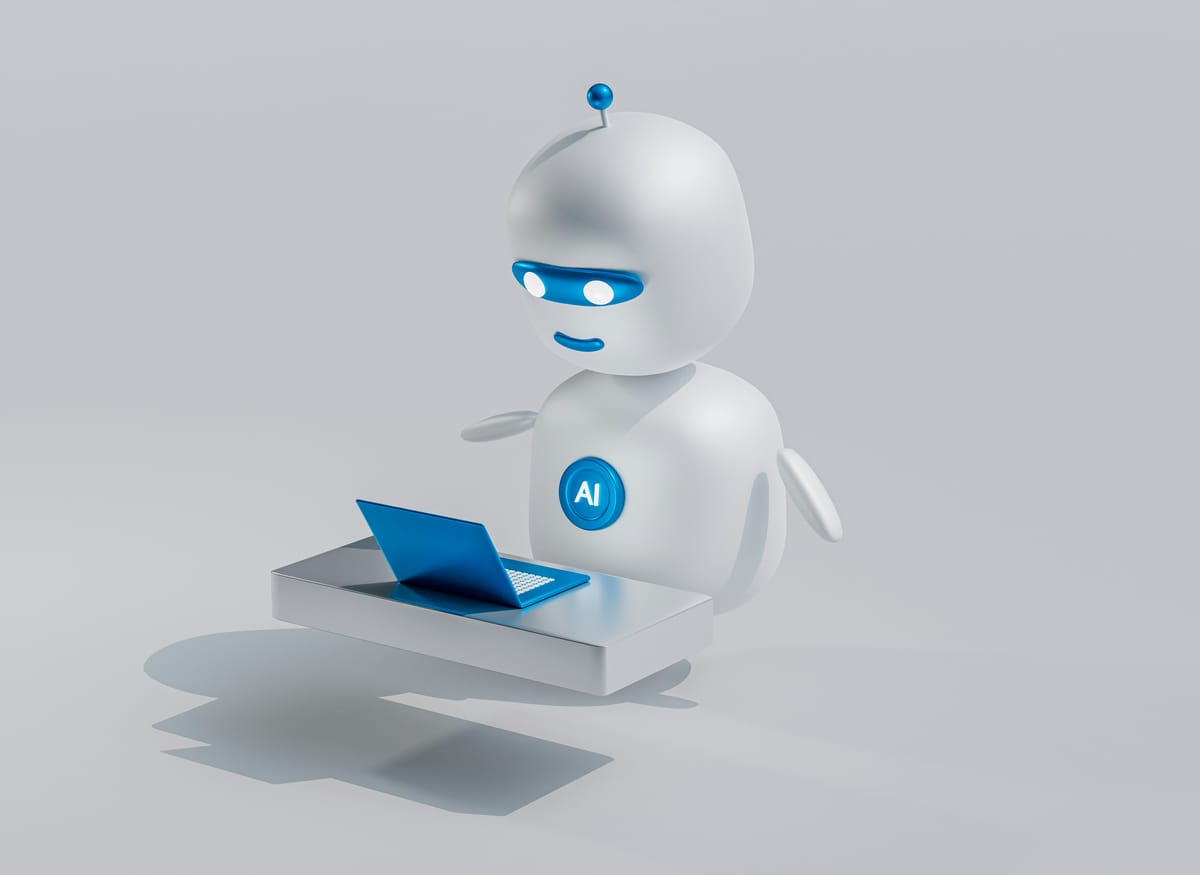AI-Generated Artwork Denied Copyright in Landmark Ruling

WASHINGTON, D.C. — A federal appeals court ruled Tuesday that a work created by artificial intelligence without human involvement is not eligible for copyright protection under U.S. law.
The U.S. Court of Appeals for the District of Columbia Circuit upheld a decision by the U.S. Copyright Office, which denied a copyright registration for an AI-generated artwork titled A Recent Entrance to Paradise. The court reaffirmed that only works with human authorship qualify for copyright.
The Case
Stephen Thaler, a computer scientist from Missouri, developed an AI system known as the Creativity Machine. In 2018, he applied for copyright protection, listing the AI system as the sole author and himself as the copyright claimant. The Copyright Office rejected his request, citing its longstanding requirement that only human-created works can receive legal protection.
After two failed appeals with the Copyright Office, Thaler sued, arguing that denying copyright to AI-generated works stifles innovation. In 2023, a federal district court ruled against him, stating that human authorship is a “bedrock requirement” of copyright law. Thaler then took his case to the D.C. Circuit.
The Court’s Ruling
A three-judge panel unanimously upheld the lower court’s decision, stating that the U.S. Copyright Act requires an author to be a human being.
“Because many of the Copyright Act’s provisions make sense only if an author is a human being, the best reading of the law is that human authorship is required for registration,” the court wrote.
The ruling is in line with the Copyright Office’s stance on AI-generated works. The agency has also denied other AI-assisted copyright claims, including those by artists who used the AI system Midjourney.
Legal and Industry Impact
Thaler’s attorney, Ryan Abbott, expressed disappointment with the decision and said they intend to appeal.
The Copyright Office welcomed the decision, stating it upheld the fundamental principles of copyright law.
Experts say the ruling sets an important precedent as AI technology continues to evolve. While it does not address how much human input is required for AI-assisted works to qualify for copyright, it reinforces the legal stance that AI alone cannot hold authorship rights.
The court acknowledged "we are approaching new frontiers in copyright," where the use of AI to generate "new visual and other artistic works" will "prompt challenging questions" regarding the extent of human involvement needed for an AI-assisted work to qualify for copyright, the protocols for evaluating the originality of AI-generated content, and the scope of legal protection for such works.
While Thaler's case did not address these particular issues, the court's decision affirms a long-standing principle: In the eyes of U.S. copyright law, only humans can be authors.
